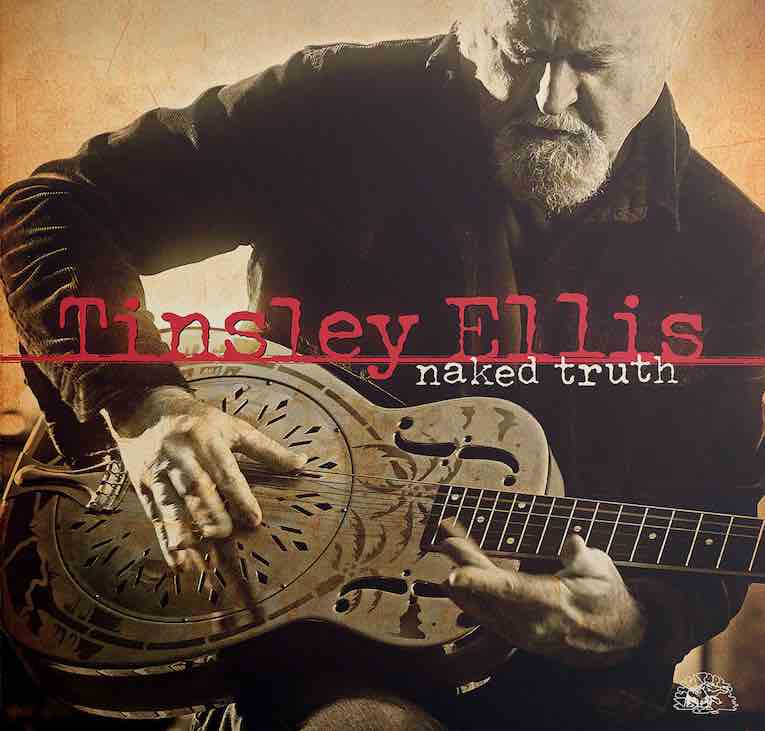WILMER WATTS AND THE LONELY EAGLES
Tabor City, Carolina del Norte, todavía se llamaba Monte Tabor atrás cuando nació Wilmer Wats. Empezó en la música cuando era niño y tenía un verdadero don para instrumentos de aprendizaje, a partir de la familia de las cuerdas pero ramificándose hasta el punto donde finalmente fue capaz de realizar como una banda de un solo hombre, jugando cinco instrumentos a la vez. Sus numerosas grabaciones incluyen el fantástico "Banjo Sam", una opción popular para un himno banjo national con sus letras: "Banjo paseo / charla banjo / banjo comer con cuchillo y tenedor." Watts hizo su primera grabación en 1927, el resultado de conocer a otros dos músicos en la ciudad de Belmont, donde Watts había comenzado a trabajar en una fábrica de algodón desde el fin de la primera Guerra Mundial. Por aquellos entonces se encontró con buenos músicos guitarristas como Palmer Rhyne y Charles Freshour. Los tres formaron un trío, llamado los Serenaders Gastonia que más tarde se convertirían en THE LONELY EAGLES Bajo el nombre de este último, con Watts como líder, firmaron para Paramount en 1929. Watts continuó trabajando duro en las fábricas , mientras combinaba sus prácticas con diferenes intrumentos , tambor, violín, banjo, y la armónica. Cuando sus hijas tenían la edad suficiente, empezaron tocando con él , actuando en iglesias, reuniones locales y, a veces las esquinas. La familia se instala cerca de Gastonia y actua con frecuencia en la radio en la región de Charlotte y Spartenburg hasta finales de los años 30 '. Tras la muerte de su padre en los años 40 sus hijas continuaron actuando .
Varias curiosidades sobre WILMER WATTS, una fué el primero que grabó el tema , que más tarde popularizaron diversos artistas como MIDNIGHT SPECIAL , y que en origen lo llamaron Walk right in Bermont , lo podéis oir mas abajo, así como el tema titulado "Fighting in The War With Spain , un tema curioso, antibélico que hace referencia al conflicto de Estados Unidos con Cuba , podéis ver información clícando encima del link destacado que os ofrecemos más abajo Spanish - American War
Wilmer Watts (c. 1897 – August 21, 1943) Was a an old time singer, banjo player and bandleader who recorded a series of 78 records for Paramount Records in the 1920s.
Born in Mount Tabor (now Tabor City) a market town in Columbus County, North Carolina between 1896 and 1898. After World War One he moved to the city of Belmont, North Carolina where he worked as a weaver in textile factories. Having learned several instruments including banjo, fiddle, guitar, dobro, autoharp, harmonica, musical saw and drums he became a semi-professional musician around 1921 and made his first recordings in January or February 1927 as a duo with local guitarist Charlie Wilson (1900–?) with a single entitled "The Sporting Cowboy" which was not released at the time. With a new trio under the name of Wilmer Watts and His Lonely Eagles they recorded six sides for Paramount Records in 1927 using a line-up that included Charles Freshour (1900–1959) on guitar and the then unusual steel guitar which was played by Wilson. In 1929 he returned to Paramount's New York studios. This time Wilson was replaced on steel guitar by Palmer Rhyne (1904–1967), a fellow factory worker friend of Watts. These sessions resulted in fourteen sides.
Wilmer's banjo playing was quite simple and repetitive, staying to mid-tempo songs and quite different from the more complex ragtime influenced picking of Charlie Poole or blues singer Papa Charlie Jackson or the fast choppy style of Uncle Dave Macon. Unlike most of his contemporaries Watts' musical influences seem to be based mostly on traditional Anglo-Celtic sources along with blues, ragtime, or minstrelsy and his songs have a distinctive droning modal quality compared to those of his North Carolina contemporary Charlie Poole. In his lyrical themes (at least in his recorded works) Watts largely avoided traditional folk songs and focused on more modern themes ranging from blues to a few political protest songs usually in a mocking vein similar to those of song writer Joe Hill collected in the "Little Red Songbook" of the I.W.W..
Among Watts' best known recordings are:
"Been On The Job Too Long"; a murder ballad later covered by such artists as Leadbelly and Bob Dylan under the title of "Duncan and Brady".
"Walk Right In Belmont"; the first known recorded version of "The Midnight Special", a later standard later covered by Leadbelly, Creedence Clearwater Revival and Mac Wiseman. This single was originally released under the name "Watts & Wilson" and later through Paramount's subsidiary label Broadway Records under the name "Watts & Wiggins".
"Banjo Sam"; an especially repetitive modal song with surrealistic lyrics later covered by Grandpa Jones.
"Cotton Mill Blues"; a bluesy protest song about the plight of factory workers, based on a 1900 poem "A Factory Rhyme", later covered by Pete Seeger.
"Knocking Down Casey Jones"; a version of one of the many tribute songs then common to famous train engineer Casey Jones. This song is notably more heroic than Joe Hill's I.W.W. version.
"Fighting in The War With Spain"; an anti-war song mocking the Spanish-American War in which Watts makes light of the war and portrays himself as a deserter.
"The Fate Of Rhoda Sweetin"; A murder ballad sung and reportedly written by Charles Freshour about his own sister. This single was credited to Charles Freshour and The Lonely Eagles.
"She's A Hard Boiled Rose"; A version of a Tin Pan Alley song later used in another version by stripper Gypsy Rose Lee.
"Charles Guitaw"; A ballad (with a misspelled title) about Charles Guiteau, the assassin of President James Garfield, this song was later covered by Kelly Harrell, Bascom Lamar Lunsford, Norman Blake and Ramblin Jack Elliot.
Later career[edit]
After the 1927 sessions Wilson left the group and was replaced by Palmer Rayne for the 1929 sessions. The Great Depression ended the recordings of many rural artists with Paramount Records going out of business in 1935 and Watts making no further recordings. He returned to Belmont were he continued working as a textile worker, tenant farmer and gas station owner as well as a part-time musician albeit without the Lonely Eagles who broke up. Watts often gigged as a one-man-band playing as many as five instruments at once. In 1931 Watts won a talent contest for his act awarded by Uncle Dave Macon. Later from the mid nineteen-thirties he formed a Southern Gospel group with his daughters as the Watts Singers who performed two regular shows on the radio but did not record. He was diagnosed with stomach cancer and retired in 1939 dying in 1944 at the age of approximately 47. His daughters continued as the Watts Singers with one of their husbands replacing Wilmer into the 1960s but did not record.




Comments